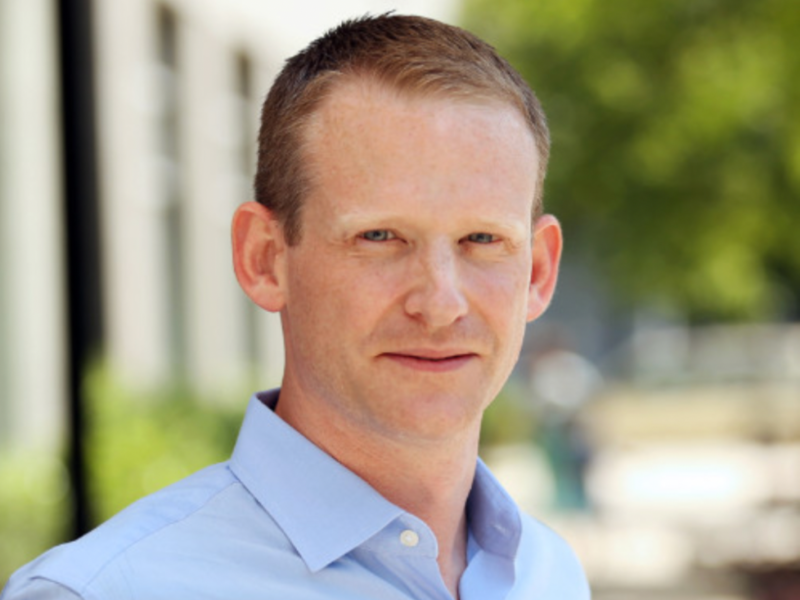Diana Marszalek 16 Nov 2022 // 4:13PM GMT

NEW YORK — In a far-reaching effort to address healthcare inequities, Omnicom Public Relations Group is rallying company, community, and communications leaders to partner in solving the widespread gaps in care impacting at-risk populations around the world.
In the near future, the initiative — which has already reaped research and executive-level discussion — will see OPRG partnering with The Atlantic Insights, the marketing research division of The Atlantic, on a global study aimed at uncovering healthcare gaps and helping leaders prioritize steps to address them.
The research will include data from the US, the UK, Germany, and Spain as well as interviews with community leaders, OPRG said. The results will be released in early 2023.
“No matter where you are, there is a responsibility to not underplay and acknowledge health inequity and that everyone plays a role,” said Paul George, OPRG’s global health lead.
George said the larger effort was sparked in part by the findings of recent OPRG research, which found that most healthcare workers believe pharmaceutical companies should play a central role in solving the inequities. The survey polled 500 healthcare professionals in the US, UK and Germany.
Other findings, however, show that it will take more than business alone to close healthcare gaps, as the most impacted communities are by and large grappling with a range of issues. Low socioeconomic, BICOP, homeless, learning disabled and LGBTQ+ populations are most negatively affected by healthcare inequities, the research found.
To that end, OPRG is partnering with a range of business, community, medical and communications leaders in its efforts. Earlier this month, OPRG invited 34 companies to attend its inaugural Global Health Equity Summit, during which participants covered issues including access and innovative communication strategies, physicians representing the communities they serve and redefining goals for health equity.
“We are bringing in all those (business and community leaders) to really think through solutions,” George said. “It’s not just one stakeholder.”


































.jpg)


















